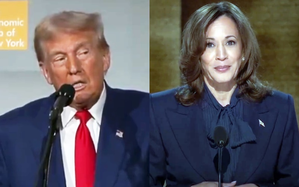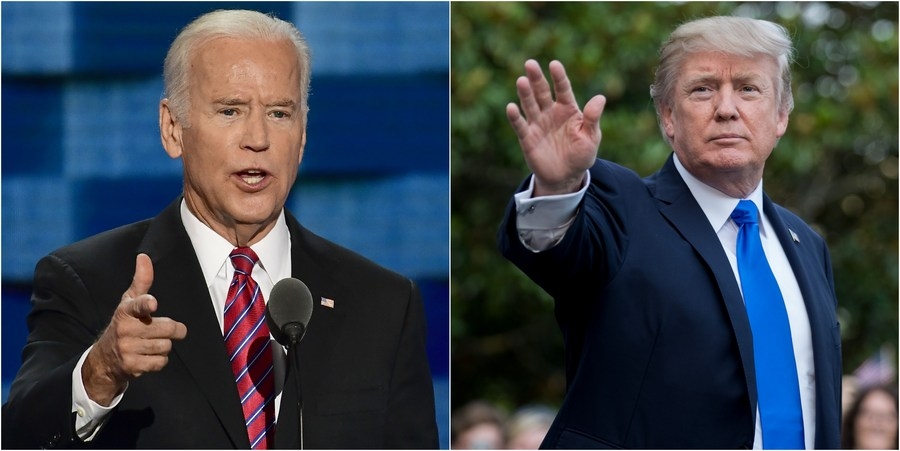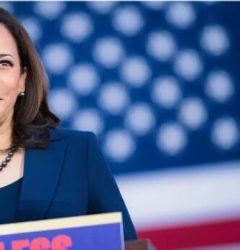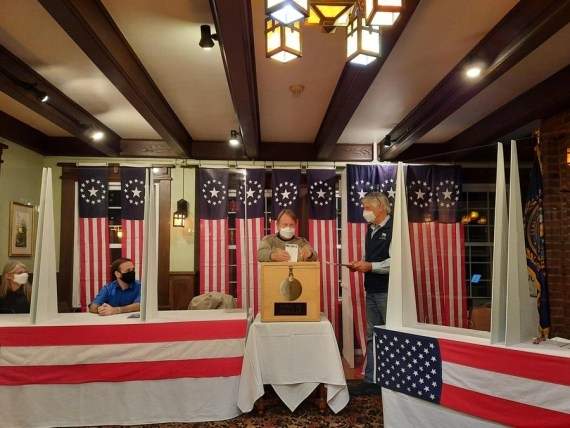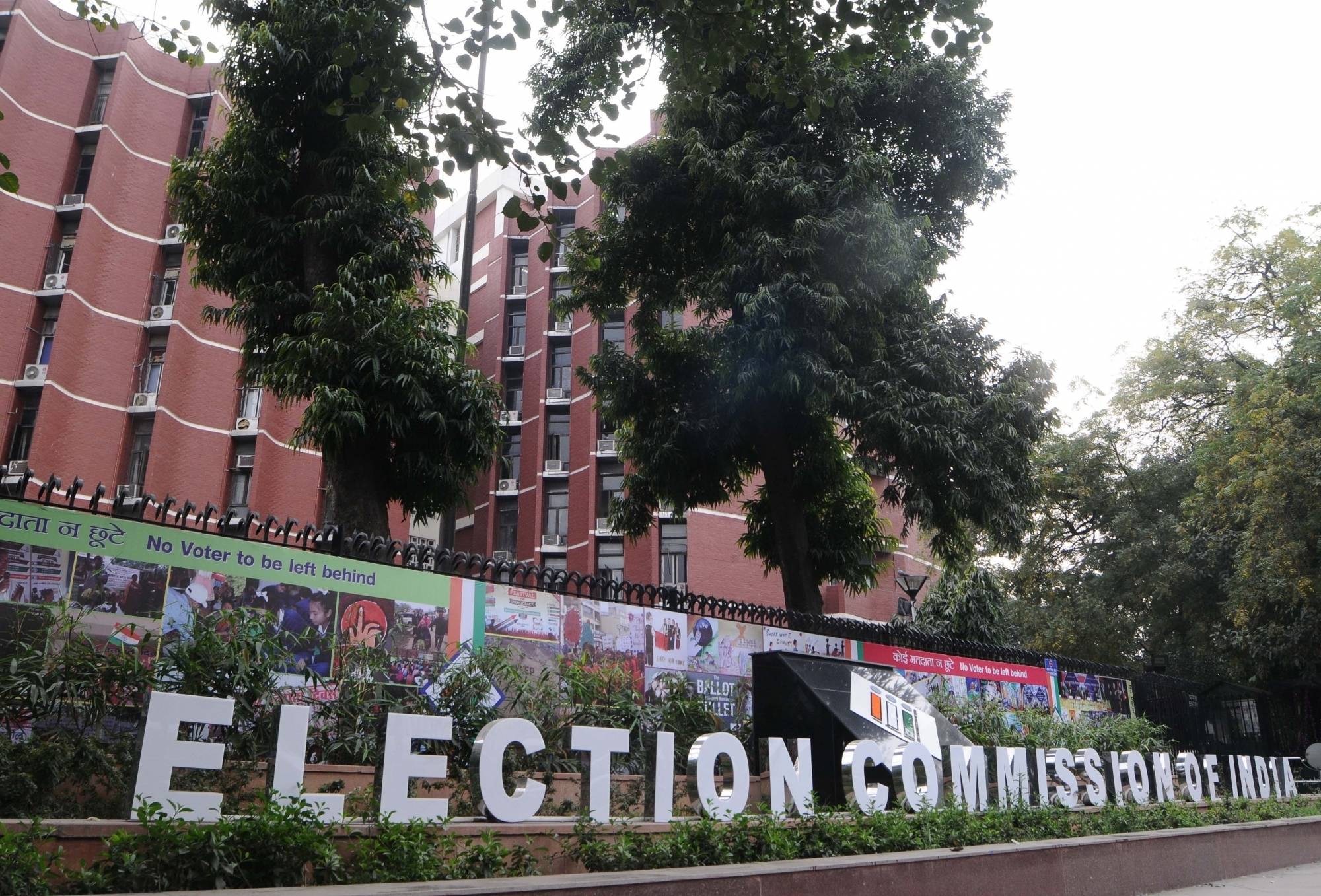New York, November 3 The US presidential election is scheduled to be held on November 5. Counting of votes will begin on the same day but the final results may take several days. US voters will not know the final result until Vice President and Democratic candidate Kamala Harris or Republican candidate Donald Trump achieve significant victories in most states, especially in the so-called swing states.
If there is no major margin of victory, it may take several days or even weeks to resolve disputed results with a recount.
Traditionally, the candidate who loses the election accepts defeat even before the official announcement of the result, if the result is clear. But Trump has not accepted President Joe Biden’s victory in 2020 and his own defeat even after four years.
If Trump loses, he will definitely take the path of legal battle, and perhaps Harris too because the winner can be decided by a few hundred or even fewer votes. Both have an army of lawyers ready.
A complicating factor is that voters in the US do not directly elect the president. The president is elected by 538 electoral colleges. To win, a candidate has to secure a majority – 270 or more electoral colleges.
So, a candidate can get a majority of the popular vote but still lose if he or she fails to convert it into a majority of the electoral college.
In 2016, Democrat Hillary Clinton won about 3 million more votes than Trump, but she lost the election because Trump crossed the majority mark by winning 306 electoral colleges.
The final decision will come from seven states where no party has a fixed majority and the election can go either way. These states together have a total of 93 electoral college votes.
Another complication in getting the result is that the Federal Election Commission only deals with election finance laws and does not oversee the election.
So, without a national election body overseeing elections or uniform procedures and rules across the country, states follow different timetables for closing polls and counting absentee ballots. Absentee ballots are mailed in or, in some cases, submitted through other means.
The official count is done later, with each state following its own procedures to certify the results.
Official declarations are certain to be delayed in several states because of legal challenges. Either party could seek a recount, which could also delay the result.
Each state’s governors have a deadline of December 11 to submit their ‘certificate of assessment’ – the official count of the Electoral College vote – to National Archivist Colleen J. Shogan, whose role is like the chief record-keeper for the country.


